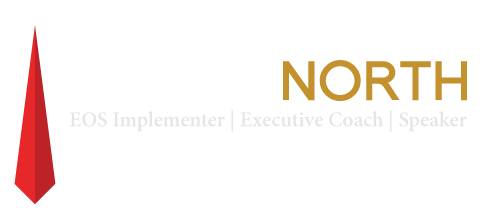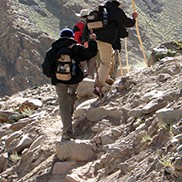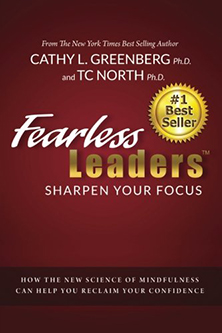Higher consciousness is needed for mindful leadership
– Sigmund Freud
Increasing your consciousness is like climbing your inner mountain. You can see and perceive more as you ascend. The bigger your perspective, the greater number of possibilities you have or can create. This helps create, mindful leaders.
What is consciousness?
Consciousness refers to being aware of your unique thoughts, memories, emotions, sensations and environment. You can have little, or you can have a considerable amount of consciousness. Your level of consciousness is in constant flux; how conscious you are literally changes every moment. You’re always somewhere on the consciousness continuum.
Low consciousness. Low consciousness involves thoughts mostly concerned with survival of self and/or those closest to you. Your lower conscious thoughts are primarily involved with the four F’s: fighting, fleeing, feeding and fornicating. Notice the similarities to adolescent boys!
High consciousness. High consciousness applies when you transcend your experiences and extend yourself and your understanding to encompass humanity’s highest potential, such as how your thoughts and actions affect those around you. An even higher level of consciousness is how your thoughts and actions affect all life on Earth.
Conscious business. Many business leaders are becoming more intentionally conscious. How businesses operate impacts all of our lives. I’m very excited that B Corps, a new type of company that uses the power of business to solve social and environmental problems, are gaining momentum. I’m also thrilled about B Lab Colorado, a new office of B Lab in Boulder dedicated to serving and growing the community of Colorado B Corp companies. To learn more about B Lab and B Corps, click here to watch a wonderful brief interview with Kara Peck, community development lead, B Lab Colorado, who recently attended my Secrets of Mindful Power retreat for leaders, on how B Lab raises business leaders consciousness.
The Triple Bottom Line
The triple bottom line is another great example of businesses becoming more conscious. John Elkington, the cofounder of a British consulting firm called SustainAbility, first coined the phrase in 1994. His premise was that companies should prepare three separate bottom lines. One is the traditional measure of a company’s financial profit — the financial bottom line. The second is the company’s “people account” — a measure in some shape or form of how it treats all the people who interact with the organization. The third is the company’s “planet account” — a measure of how environmentally responsible it has been. The triple bottom line thus consists of three P’s: profit, people and planet. It aims to measure the financial, social and environmental performance of a corporation over a period. Companies that pay attention to a triple bottom line do business with a higher consciousness.
The Tenth Fearless Leaders Success Secret
In my book, “Fearless Leaders,” the tenth success secret is “Fearless Leaders climb the consciousness mountain.” They consciously work on becoming more conscious, which is important because neuropsychological research shows that as people gain in perceived power, they lose empathy — an important ingredient to being conscious and mindful. This is why our team chose to teach people how to increase mindfulness and boost personal power and influence: Mindful Power!
We need small-business leaders, as well as large-business leaders, to keep strengthening their mindful power, to be mindful leaders. If our leaders become more mindful, there is great hope for the future of humankind. If not, humanity might go the way of the dinosaur.
Dr. TC North is an executive and leadership coach based in the Denver, Colorado, area. He’s also a leadership speaker and the co-author of the best-selling book “Fearless Leaders.” Through his coaching, clients learn to master fear, strengthen confidence, build executive presence and think with greater mindfulness.




